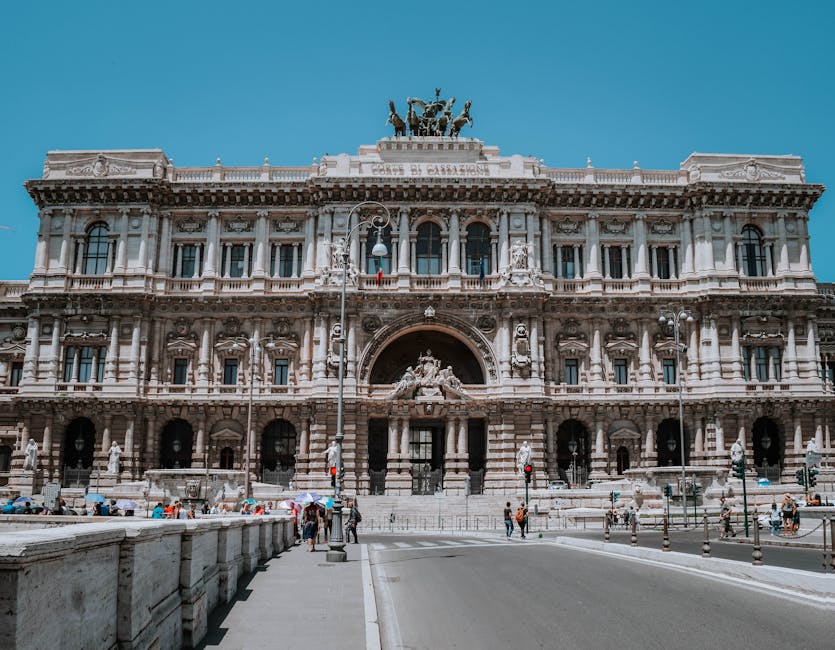A Land Divided: Hope and Skepticism in Gaza
After two years of relentless conflict, Gaza remains deeply scarred, its people torn between cautious hope and enduring skepticism as a new ceasefire plan emerges. For some, the proposal represents a chance to rebuild shattered lives, while others, hardened by years of broken promises, view it as just another temporary pause in the cycle of violence.
The Ceasefire Proposal: A Glimmer of Hope?
The latest ceasefire plan, brokered by international mediators, aims to halt the violence that has claimed thousands of lives, displaced countless families, and left much of Gaza in ruins. While specifics remain undisclosed, sources indicate the plan includes provisions for humanitarian aid, prisoner exchanges, and a phased de-escalation of hostilities.
For many, the prospect of peace is a beacon of hope. “We’ve lost so much—our homes, our loved ones, our sense of security,” shared Amal, a 34-year-old mother of three living in a makeshift shelter in Rafah. “If this ceasefire means we can finally return to some normalcy, then I’m willing to hope.”
Lingering Doubts: Skepticism Among Gazans
Despite the optimism, skepticism runs deep. “I’ve seen too many ceasefires come and go,” said Ahmed, a 52-year-old shopkeeper from Gaza City. “Each time, we’re told it’s different, but the fighting always resumes. This feels like just another pause before the next round of destruction.”
The war, one of the deadliest in Gaza’s history, has left entire neighborhoods in ruins, destroyed critical infrastructure, and crippled the economy. The humanitarian crisis has intensified, with 2.3 million residents grappling with shortages of food, water, and medical supplies.
The Call for Long-Term Solutions
While the ceasefire plan has been welcomed by some, it has also sparked debate. Critics argue that it fails to address the root causes of the conflict. “A ceasefire without a long-term solution is just a Band-Aid on a gaping wound,” said Mariam, a university student in Jabalia. “We need real change, not just another temporary fix.”
Others express concern about the potential conditions of the agreement. “What if they demand concessions that we can’t afford?” asked Samir, a 45-year-old fisherman from Khan Younis. “We’ve already given up so much. How much more are we supposed to sacrifice?”
International Response: Cautious Optimism
The international community has expressed hope for the plan’s success. “This is a critical moment,” said a senior UN official involved in the negotiations. “If both sides can commit to this plan, it could pave the way for a more sustainable peace.”
The Road Ahead: Uncertainty and Resilience
For many Gazans, the scars of war are too deep to be healed by promises alone. “Hope is a luxury we can’t afford,” said Fatima, a 60-year-old woman who lost her son in an airstrike last year. “Until I see real change, I’ll believe it when I see it.”
As the ceasefire plan hangs in the balance, Gaza remains a land of contrasts—where hope and despair coexist, and the promise of peace is met with both longing and skepticism.




